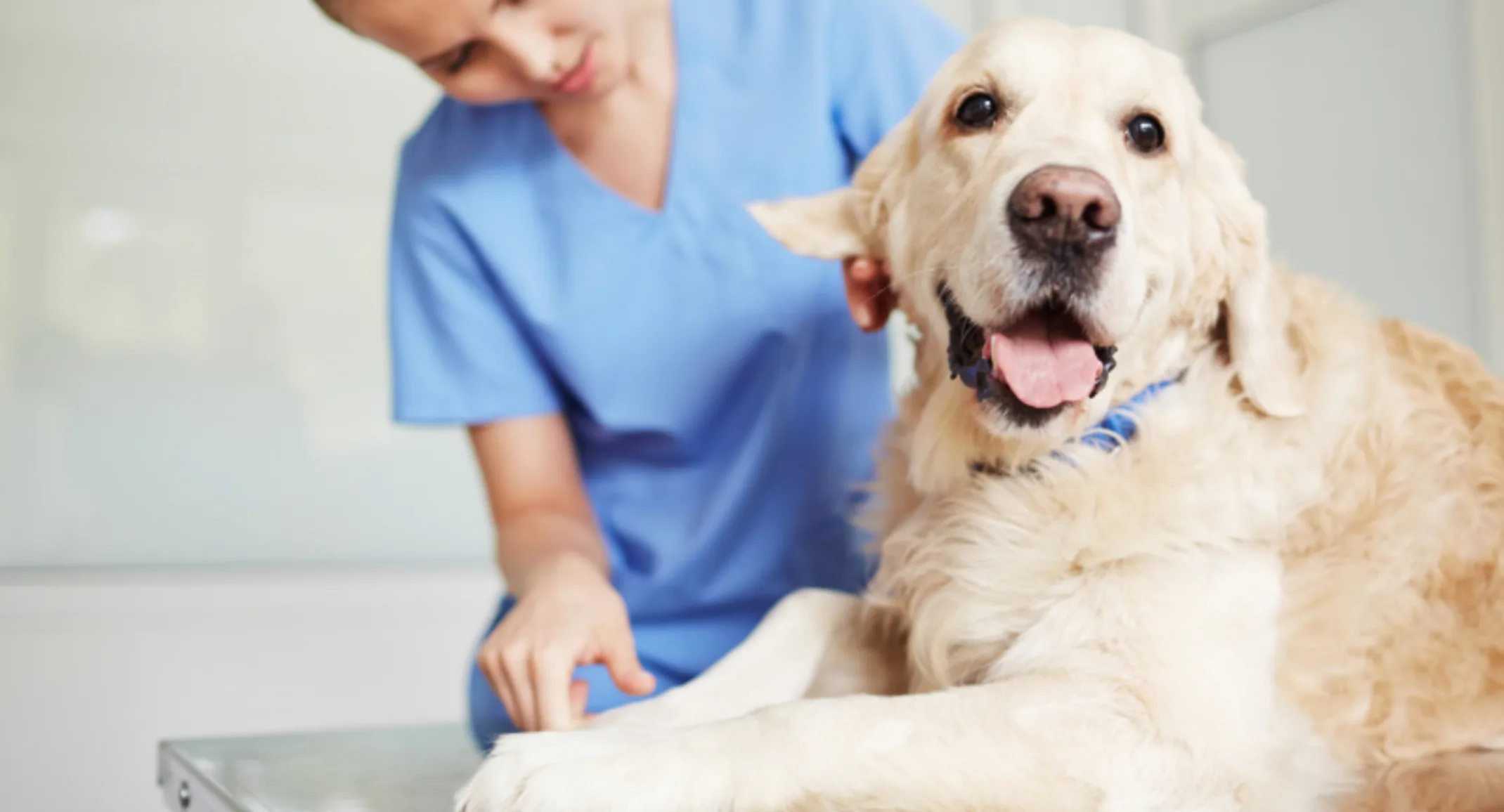🩸 Why Pre-Operative Bloodwork Is Essential for Your Pet’s Safety
November 10, 2025 · Veterinary Services

When your pet needs surgery — whether it’s a spay or neuter, dental cleaning, or another procedure — their safety is your top concern (and ours, too!). One of the most important steps your veterinarian takes before anesthesia is pre-operative bloodwork.
This quick, simple test provides valuable insight into your pet’s internal health and helps ensure they’re ready for surgery.
What Is Pre-Operative Bloodwork for Pets?
Pre-operative (pre-op) bloodwork is a panel of laboratory tests performed before anesthesia to evaluate your pet’s overall health.
Even if your dog or cat appears perfectly healthy, bloodwork can detect hidden conditions that may not be visible during a physical exam — helping veterinarians make anesthesia safer and more personalized.
Why Pre-Op Bloodwork Is Important Before Pet Surgery
When pets undergo anesthesia, their bodies need to safely process the medications. By reviewing your pet’s bloodwork results, your veterinary team can confirm that their organs are functioning properly and that they’re in the best possible condition for surgery.
Here’s what pre-op bloodwork typically includes:
🧬 Organ Function
The liver and kidneys play key roles in metabolizing anesthesia. Testing these organs ensures they can safely and efficiently handle the medications.
🩺 Blood Cell Counts
Bloodwork measures red blood cells, white blood cells, and platelets to identify:
Anemia (low red blood cells)
Infection or inflammation (high white blood cells)
Clotting problems (low platelets)
These values are critical for healing and recovery.
💧 Electrolyte Balance
Healthy levels of electrolytes, such as sodium, potassium, and chloride, help regulate hydration, muscle function, and heart rhythm. Imbalances could make anesthesia risky — so testing them in advance is vital.
💓 Overall Wellness
Even young, active pets can have underlying issues that go unnoticed. Pre-op bloodwork helps your vet detect early signs of illness, allowing for safer procedures and faster recoveries.
Benefits of Pre-Operative Bloodwork
Performing bloodwork before surgery allows your veterinarian to: ✅ Detect hidden health concerns early ✅ Customize anesthesia for your pet’s needs ✅ Reduce the risk of complications ✅ Postpone or modify procedures if necessary ✅ Give you peace of mind that your pet is receiving the safest care possible
In short, pre-operative bloodwork is a small step that makes a big difference in your pet’s safety.
